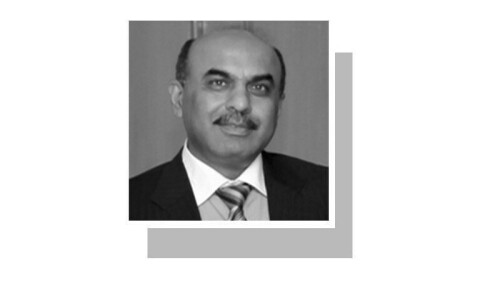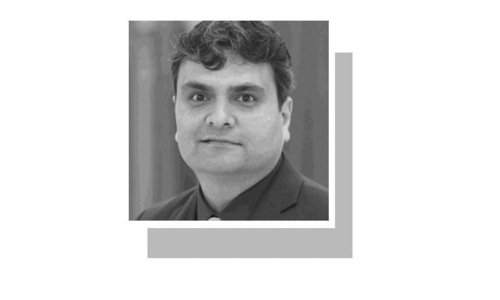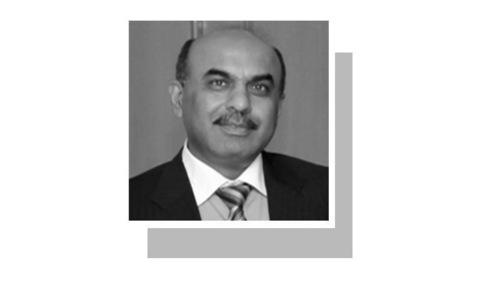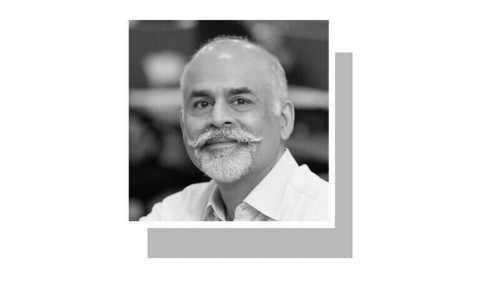KARACHI: Infectious disease experts consider a change in weather coupled with people’s wilful ignorance in following safety guidelines as key factors behind rising number of Covid-19 cases.
They said reckless behaviour of citizens, particularly youngsters, was putting the elderly and immunocompromised individuals at greater risk, especially in a city like Karachi which has a higher population density.
“Change in weather, unwillingness to wear face masks or following social distancing advice are contributing to increasing number,” Dr Shobha Luxmi, assistant professor and internal medicine specialist at Dow Ojha Hospital, told Dawn.
She said that the footfall of patients has increased once again and hospitalisations are up.
“However, people are still taking Covid-19 casually. Pehlay darr tha par ab who bhi khatam ho gaya hay. If we begin following SOPs [standard operating procedures] today, the results will show in about two weeks,” she said.
Over 900 ICU and HDU beds are vacant in Karachi’s public and private hospitals
According to AFP, more than 65 million cases of the novel coronavirus have been detected worldwide while over 1.5m deaths are recorded till Friday.
Pakistan’s reported cases on Dec 4 stood at 410,072, with the country seeing 8,260 deaths.
Meanwhile, the daily situation report issued from the office of the Sindh chief minister reported 1,664 new cases, which took up the provincial tally to 180,904. Eight deaths were also reported on Friday, with the provincial death toll now standing at 2,991. The report added that 15,500 tests were conducted in Sindh in the last 24 hours, returning a positivity rate of 10.74 per cent.
‘Worrisome situation’
Responding to Dawn, Sindh Minister for Health Dr Azra Fazal Pechuho acknowledged that currently the daily numbers were increasing by 100 to 200.
“It is a worrisome situation because of the fact that people are failing to follow SOPs and all financial institutions [offices] are functioning on full capacity. There was a jump from 1,300 to 1,900 in the past 48 hours,” she said in a written reply.
The minister warned that the mortality rate was also very high. “This wave could be higher than the one we saw in June,” she warned.
However, she reassured that there was no shortage of hospital beds in the province.
“Currently, we don’t have to worry about the capacity of hospitals. We are adding new beds almost every week in private and public sector [hospitals] both. As of yesterday the vacant position of ICU beds in Karachi with ventilators in public and private sectors is 211 whereas there are 717 vacant HDU [high dependency unit] beds in both private and public sector hospitals in Karachi division. Hyderabad division has 50 ICU beds vacant and 132 HDU beds,” Dr Pechuho added.
1,770 ‘Covid beds’ in Karachi
Data from the health department shows that there are 1,770 ‘Covid beds’ (including ICU, isolation wards and HDU) in 31 public and private hospitals in Karachi.
The city’s public and private hospitals have a total of 321 ventilators dealing with Covid-19 patients.
“We will be adding six more Covid hospitals in the city while the number of existing beds in JPMC [Jinnah Postgraduate Medical Centre] will be increased by 24,” the minister said.
Meanwhile, the health minister and doctors urged citizens to wear masks. In its Dec 1 update, the World Health Organisation once again reiterated that “masks are a key measure to suppress transmission and save lives”.
“Masks should be used as part of a comprehensive ‘Do it all!’ approach including physical distancing, avoiding crowded, closed and close-contact settings, good ventilation, cleaning hands, covering sneezes and coughs, and more.”
WHO recommends medical masks for “people aged 60 or over, people of any age with underlying health conditions, including chronic respiratory disease, cardiovascular disease, cancer, obesity, immunocompromised patients and diabetes mellitus”.
It further recommends that non-medical, fabric masks can be used by the general public under the age of 60 and who do not have underlying health conditions.
Published in Dawn, December 5th, 2020















































